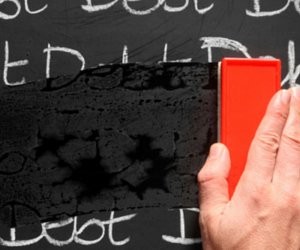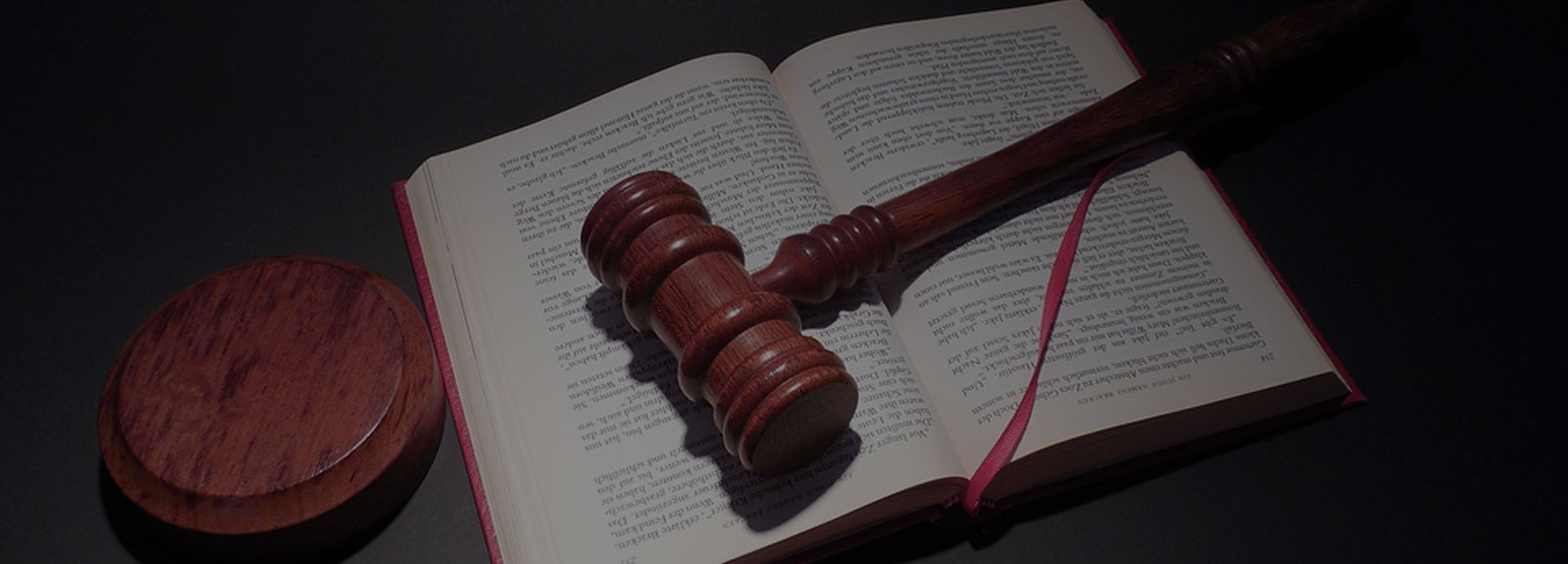02 Apr What Does It Mean When A Bankruptcy Is Discharged?
Bankruptcy can be a scary thing to face. It can seem like a vague and ominous word that means your world is about to crumble.
In order to take control of your finances you should learn more about what it means to declare bankruptcy.
Specifically, what does it mean when bankruptcy is discharged?
What Is A Bankruptcy Discharge?
 When a bankruptcy is discharged it means that the debtor is no longer held liable for specific types of debts.
When a bankruptcy is discharged it means that the debtor is no longer held liable for specific types of debts.
What this means is that creditors are no longer allowed to contact you about these waived debts or try to collect them. That includes phone calls, letters, emails, and so forth.
That does not mean that you are no longer liable for other types of debts that are not covered by the bankruptcy discharge, such as in the case of a genuine lien.
A lien means that the creditor (bank, credit card company, etc.) can liquidate certain assets owned by the debtor in order to recover the money owed.
Chapter 7 & Bankruptcy Discharges
Chapter 7 bankruptcy is when the any of the debtors non-exempt assets are liquidated to repay the creditor.
Typically exempt assets would be vehicles up to a certain value, reasonably necessary clothing, pension, tools required for trade work up to a certain value and so on.
These exempt items are to ensure that the debtor can get back on their feet after declaring bankruptcy.
Examples of non-exempt items include things such as a second car or truck, a second home, a valuable collection, cash, bank accounts, and other investments.
So when one declares chapter 7 bankruptcy they should know that they are obligated to turn over any non-essential asset in order to repay their debts.
The best way to know which of your assets are essential and which are non-essential is to contact a bankruptcy attorney.
How Does A Bankruptcy Discharge Apply To Chapter 13 Bankruptcies?
In a Chapter 13 bankruptcy, the debtor typically has a regular source of income such as a job.
The debtor is to make payments back to the creditors over three to five years, but may not exceed five years. While within this time frame, creditors are legally barred from pursuing collection efforts.
Debts can be discharged at the end of chapter 13 bankruptcy if the following conditions are met:
– The debtor has not received a discharge previously during the last two to four years
– The debtor has completed a financial management class
This means that the debtor can keep their assets, to a certain extent, while they work towards paying off their debt. At the end of this plan they can have their remaining debts discharged.
This excludes certain types of debt such as student loans, home mortgage, alimony, child support, specific taxes, and debts that occurred due to criminal activity such as DUI charges.
Conclusion
Overall, chapter 13 is broader in what debts it will discharge than chapter 7. Both types allow for some discharge of bankruptcy.
Ultimately, it depends on what type of debts are owed, your financial ability to pay back any debts owed, and what source of income, if any, you have.
The best way to know what is the smartest move for your personal situation is to schedule a free consultation with Bolinske Law today.


No Comments